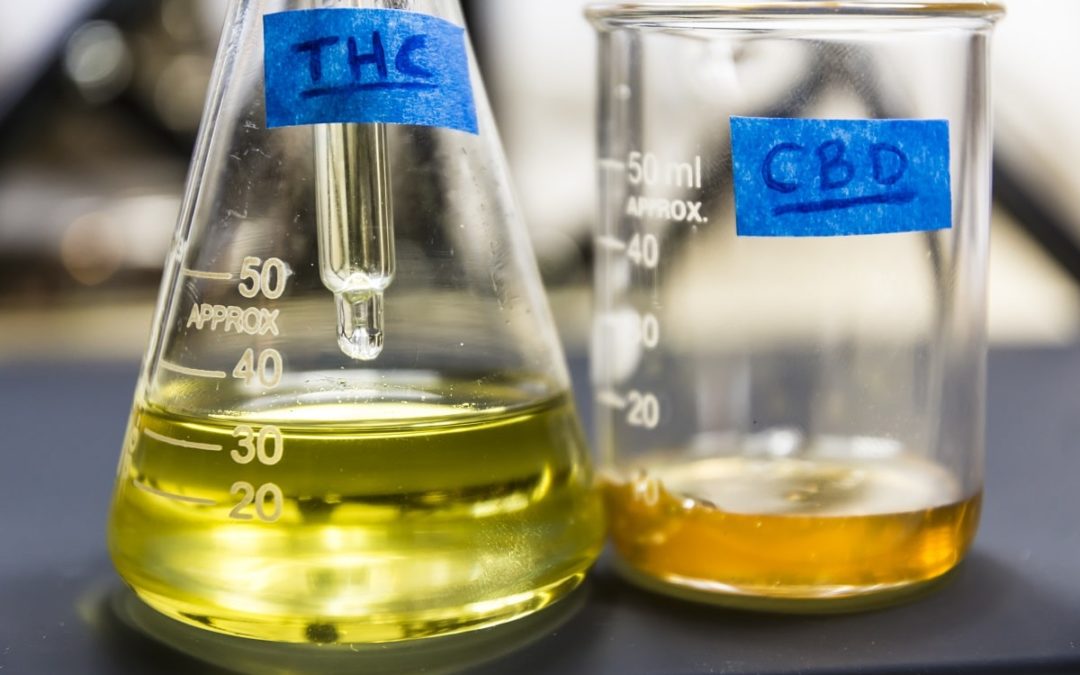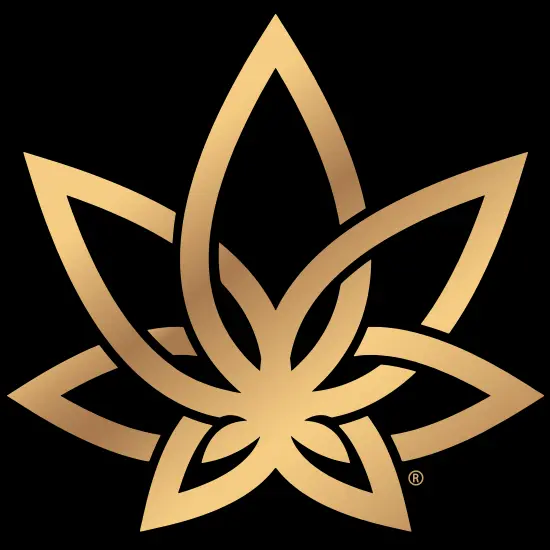Delta 8 THC
The Differences Between Delta 8 and CBD
If you’re new to the cannabis community, it can be difficult to distinguish between the hundreds of cannabinoids and their many benefits. The names aren’t very intuitive, and there is a seemingly an entire glossary of terms, definitions, and industry-specific lingo.
This article is going to break down the differences between delta 8 and CBD, two of the more popular cannabinoids, and how each differs in their therapeutic effects.
What is CBD and What Does it Do?
CBD or Cannabidiol is a naturally occurring compound found in the hemp flower. It is by far the most widespread legal cannabinoid, and it has grown rapidly over the past five years into a multi-billion dollar industry.
Therapeutically, CBD has several reported uses. Government-backed research indicates CBD can potentially treat a wide range of ailments. When CBD enters your body, it interacts with a set of receptors called the CB2 receptors. That interaction is what generates the beneficial effects.
One key characteristic of CBD is the lack of psychoactivity. Unlike most versions of THC, including delta-8, CBD won’t generate the “high” feelings that cannabis is famous for. Instead, CBD’s effects are far more subtle. Most users take CBD for the calming, worry-free sensations. It can be added to food and drink as an oil, applied topically as a cream, or smoked. Its flexibility and natural effects make it an appealing option for many users who want the benefits of cannabinoids without the high.
Delta-8 vs. CBD: Where They Overlap
Delta-8 is part of the other class of cannabinoids: The THCs. Like CBD, it is a completely natural compound that exists in hemp and cannabis flowers. And like CBD, it’s been reported to offer a number of helpful active effects.
You are likely familiar with Delta-8’s close cousin, Delta-9 THC. Delta-9 is the active ingredient in cannabis responsible for the plant’s psychoactivity. It creates the intoxicating sensations by binding to another set of receptors in your body called the CB1 receptors. These receptors are specifically in charge of the “high” sensations that Delta-9 generates.
Delta-8 operates almost like a fusion of CBD and Delta-9. It creates weak bonds with the CB1 receptors, and binds tightly with the CB2 receptors. The result is a unique combination of active effects that draws on sensations of both other cannabinoids.
Delta-8 likely will:
-Generate a buzz — but only mildly. The psychoactivity is significantly reduced compared to Delta-9, and reports suggest users are still alert and energized after ingesting.
-Boost mood and energy: Delta-8 is consistently reported to create body-wide feelings of euphoria. These feelings can potentially elevate mood, increase motivation, improve focus, and boost energy rather than drain it. All of these effects are similar in experience to certain CBD strains, and their onset is because of how Delta-8 binds to the CB2 receptors in your body.
-Have no after-use ‘crash’ or paranoia: The lethargy and cloudiness that Delta-9 is famous for typically does not occur with Delta-8. The lessened psychoactivity means that Delta-8 won’t overload your CB1 receptors the same way. This means at regular doses, Delta-8 typically doesn’t generate feelings of worry or paranoia, and the come-down is reportedly a more moderate experience.
Delta-8 has also been shown to have potential therapeautic applications (pending research) in areas similar to CBD.
For many people, that is the main appeal of Delta-8. The cannabinoid is capable of doing much of what CBD and cannabis offers, in a more well-rounded, less overwhelming package. It is far stronger than CBD in it’s active effects, but much more functional than Delta-9.
It is truly the best of both worlds.
Let us know in the comments if you use Delta-8 or CBD — or both! And click HERE to explore the rest of our Delta 8 blog.

